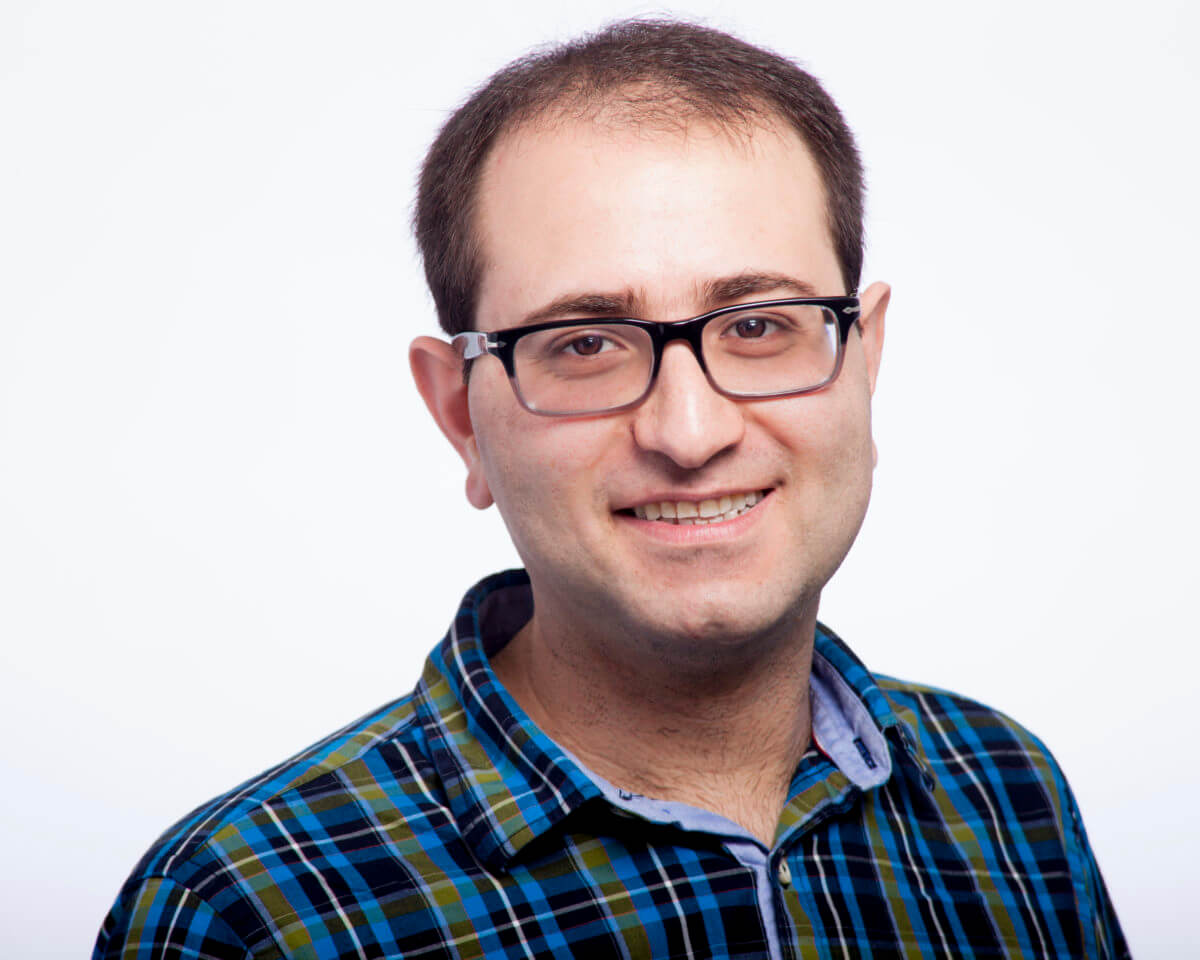
Mahdi Soltanolkotabi’s research involves using powerful mathematical techniques to overcome limitations of physical devices such as microscopes and medical devices. Photo courtesy of Mahdi Soltanolkotabi
Mahdi Soltanolkotabi, assistant professor in the Ming Hsieh Department of Electrical Engineering, has been awarded the prestigious Packard Fellowship for Science and Engineering. Awarded to only 18 of the nation’s most promising early-career scientists and engineers, the Packard Fellowship provides fellows with flexible funding and the freedom to take risks and explore new frontiers in their fields of study.
Soltanolkotabi’s research is aimed at building the mathematical foundations of modern data science. He uses powerful mathematical techniques to develop more reliable learning algorithms with applications ranging from imaging to artificial intelligence. His methods will help overcome physical limitations of sensing devices such as microscopes and telescopes enabling imaging at faster speeds, higher resolutions or with better quality. His research also helps reduce error and uncertainty surrounding modern artificial intelligence algorithms.
Most of modern learning problems in the digital world rely on algorithms for which we have limited mathematical understanding. Soltanolkotabi is working to demystify widely successful heuristic methods in signal processing and artificial intelligence. This will help us better understand these modern algorithms and improve the way they learn and make decisions.
Each year, the David and Lucile Packard Foundation invites the presidents of 50 universities to nominate two early-career professors each from their institutions. Disciplines include physics, chemistry, mathematics, biology, astronomy, computer science, earth science, ocean science, and all branches of engineering. An advisory panel of distinguished scientists and engineers carefully reviews the nominations and selects 18 fellows to receive individual grants of $875,000, distributed over five years.
“The generous support from the Packard foundation will allow us to pursue risky and challenging directions,” Soltanolkotabi said.” I’m particularly excited about some new directions at the interface between nonlinear dynamics and empirical process theory that I think can really change the way we think about learning algorithms and their analysis. This grant is uniquely flexible and has few restrictions which allows us to venture into new application domains, to constantly test and refine our theoretical ideas and algorithms in the field and bring them to full fruition.”
Published on October 15th, 2018
Last updated on May 14th, 2025







